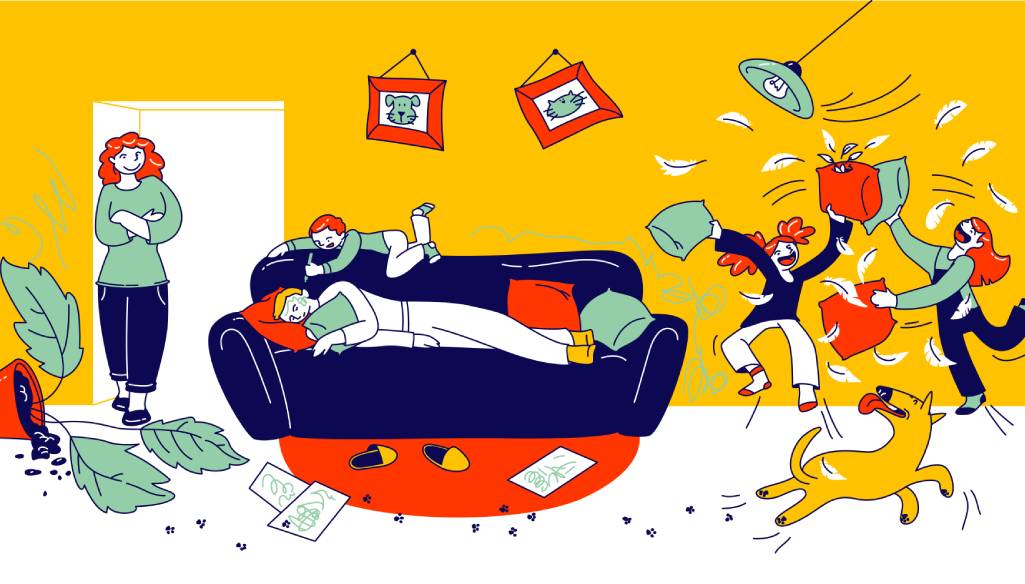What is ADHD?
Attention-Deficit Hyperactivity Disorder (ADHD) is a mental disorder that includes persistent inattention (not being able to keep focus) or hyperactivity (excess movement that is not fitting to the setting) and impulsivity (hasty acts that occur in the moment without thought). It also interferes with functioning or development. It is one of the most common mental disorders affecting children and also affects many adults.
ADHD can’t be prevented or cured. But spotting it early, plus having a good treatment and education plan, can help a child or adult with ADHD manage their symptoms.
ADHD begins in childhood. However, many children go through phases where they’re restless or inattentive. This is often completely normal and does not necessarily mean they have ADHD.
Symptoms of ADHD
Symptoms in children
The following symptoms should be present for at least 6 months, are inconsistent with developmental age and negatively impacts social, academic and occupational activities.
Symptoms in Adults
Symptoms of ADHD may also change as a person gets older.
Causes of ADHD
The exact cause of ADHD is unknown, but there are various factors that may contribute to the development of the disorder.

When to see a psychologist?
If you’re concerned about whether you or your child might have ADHD, the first step is to talk with a healthcare provider to get a confirmed diagnosis of ADHD.
Psychiatrists can help you by giving medications for symptoms of ADHD whereas best psychologists and good counsellors can help by providing different therapies. Both medications and therapies combined can lead to a comprehensive treatment.
How can a psychologist help?

